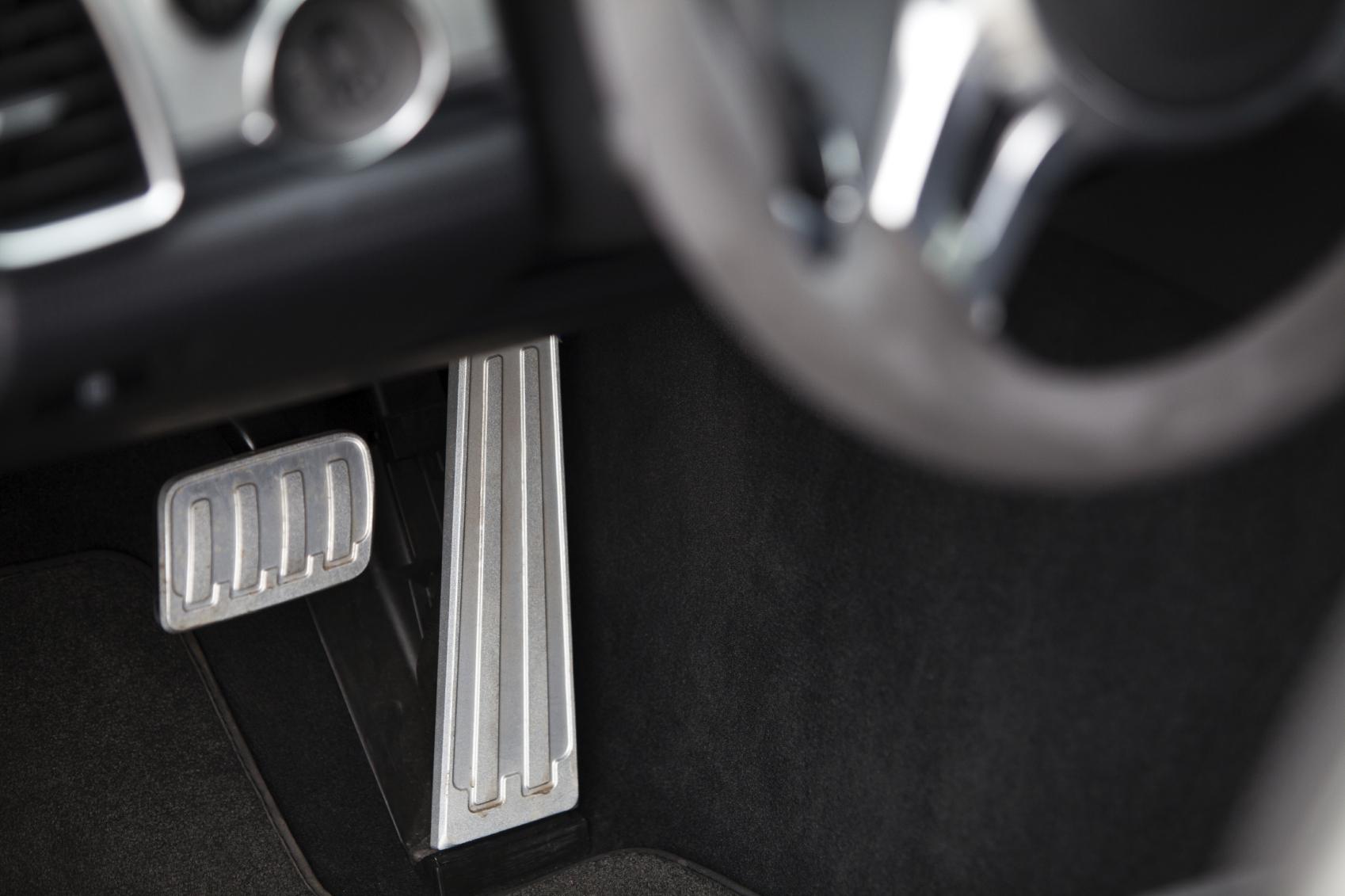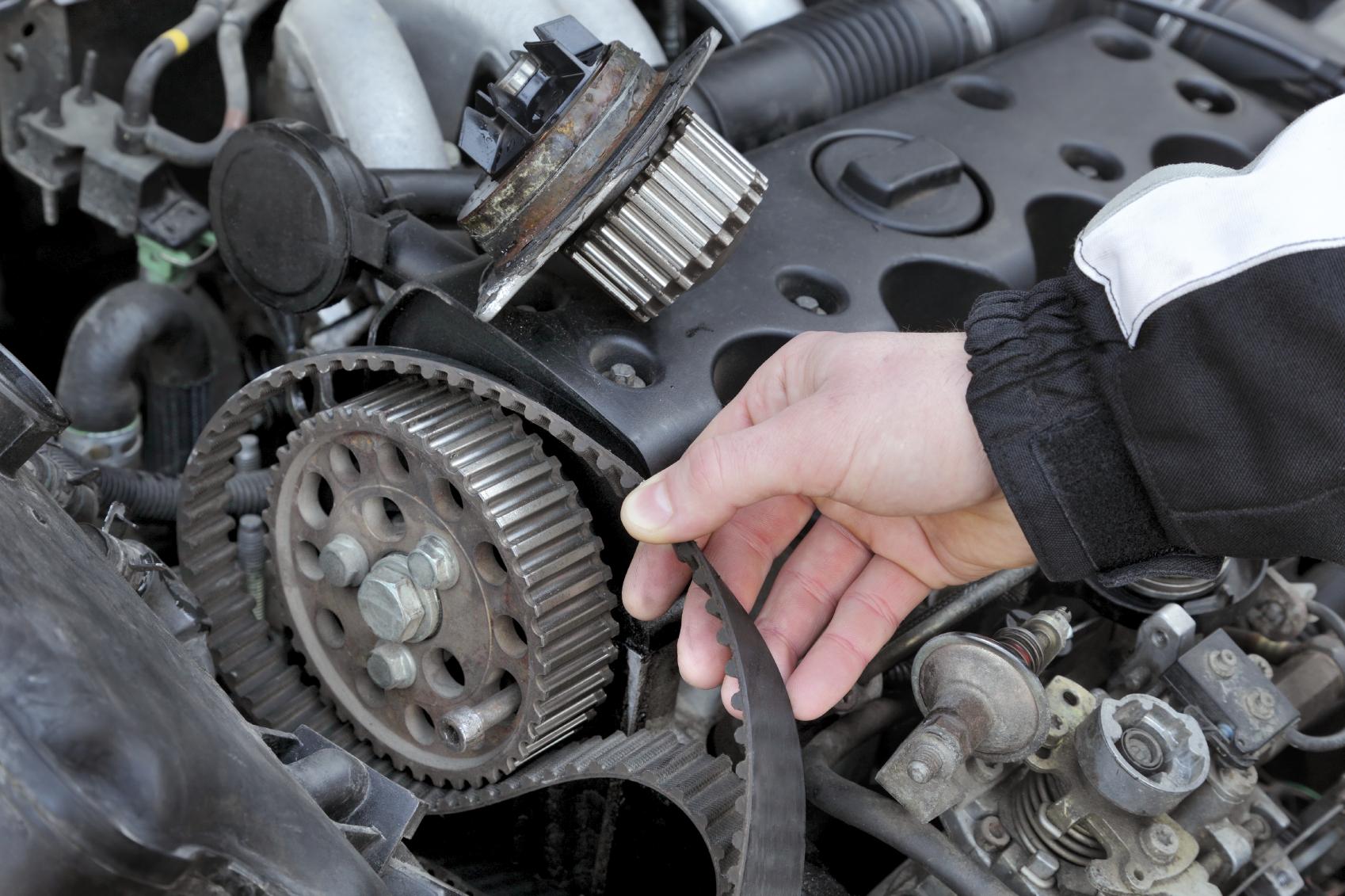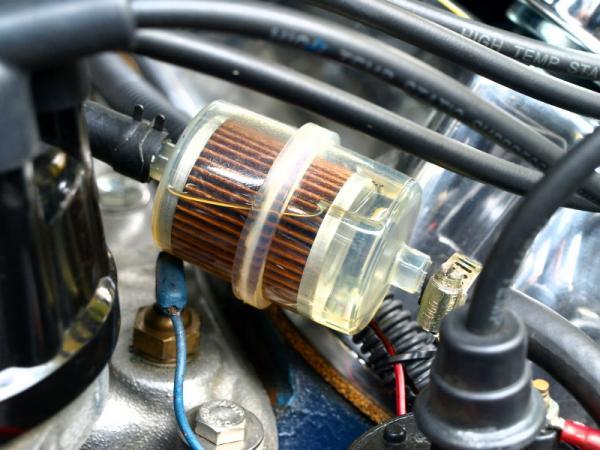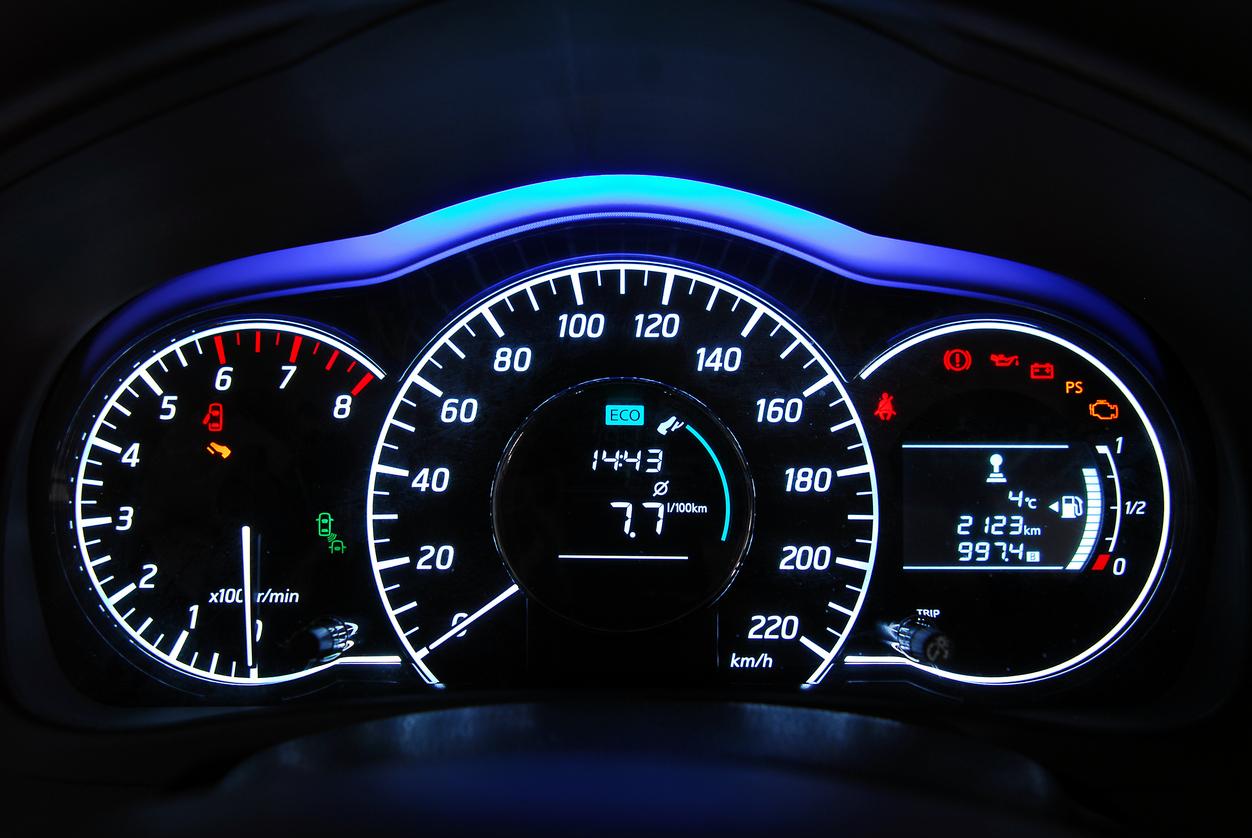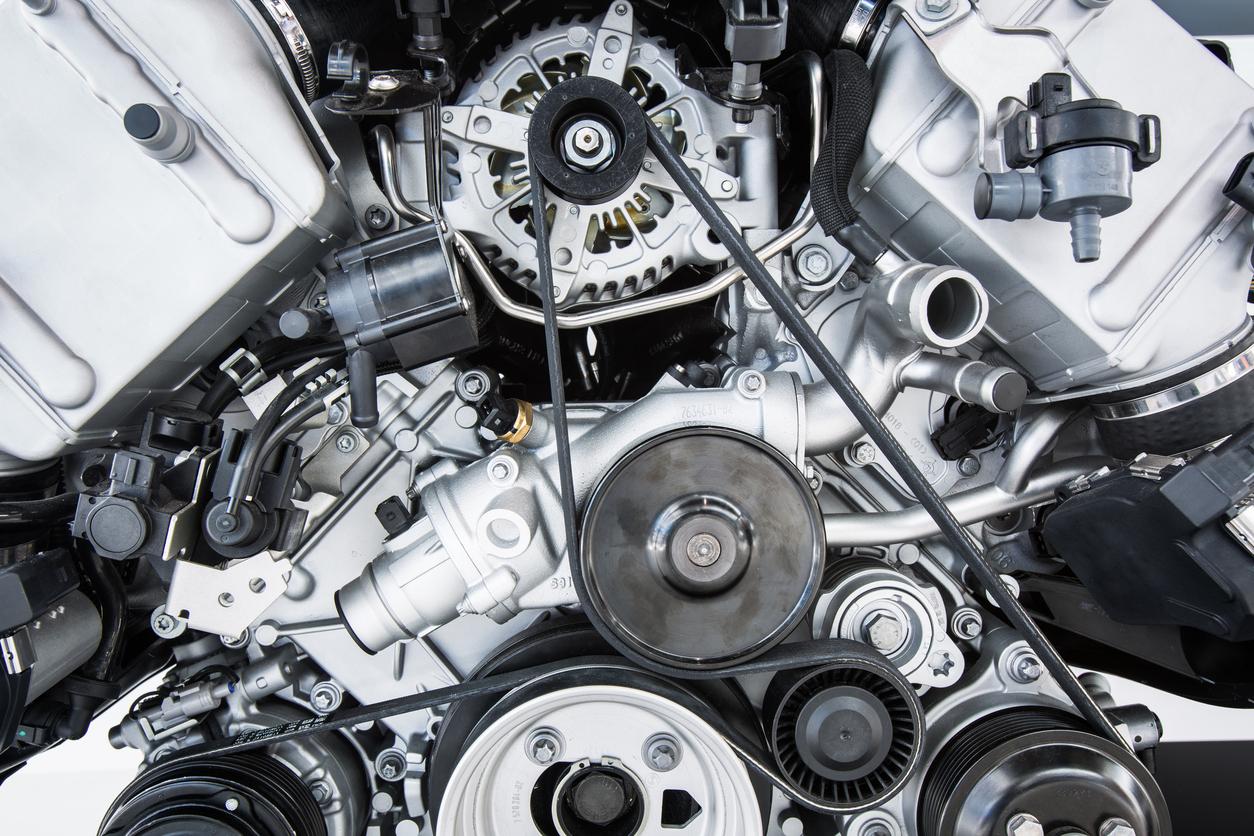Why Doesn't my Car Accelerate Properly

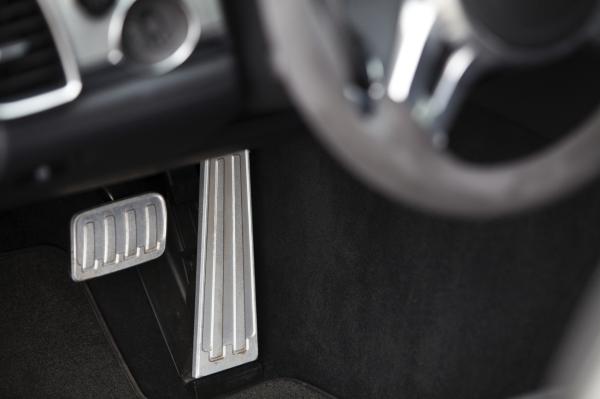
There are many possible reasons why your car is not accelerating properly. Some are very simple to fix, while others will need a professional mechanic and a considerable amount of money. In any case, it is important to remember that with good maintenance of your car you will minimize the chances of any of these happening to your vehicle. The make, model and age of your car will also have a bearing on acceleration. Research pointed out by the New York Times in 2012 claims that cars are lasting up to 100,000 miles longer than previously thought, so there should be no reason a well maintained car can't hold on to its acceleration with proper care. In this oneHOWTO article, we can answer why doesn't your car accelerate properly.
Clutch problems
One of the most common car acceleration problems is that the clutch isn't properly engaging the gearbox with the engine due to a mechanical error. The result is that the car does not accelerate properly because of the slipping clutch.
For hydraulic clutch systems, a certain amount of wear will occur over time. If you notice the clutch pedal has changed in height, then this is a sign that it may be slipping. This can be an expensive fix, but there are a couple of things to check before you take it to a mechanic. Firstly, check the clutch fluid. Most clutch fluid tanks will have a "MIN" and "MAX" mark, so make sure it is between these two lines. If lower, you may simply need some more clutch fluid.
Secondly you should check the clutch's action. If it does not take much force to disengage the clutch, you may be in bother. You should be able to push the clutch down between 3/4" and 1.5" before it disengages. If it happens before this, the clutch may not be riding properly. If your engine changes speed without accelerating or decelerating, this is a sign of trouble. It is often something an experienced driver will notice intuitively. If your car performance changes dramatically, you should be able to tell. You must go to your mechanic immediately to find the exact cause of the problem and fix it.
Timing belt fault
A fault in the timing belt of your car may also be the reason why it is not accelerating properly. This vital part of a car's structure doesn't tend to cause problems. This is why it doesn't usually get much attention beyond the maintenance carried out by the mechanic during periodic servicing. If the timing belt is the slightest bit misplaced, it will provide acceleration problems.
This could be from general wear of the timing belt which will happen over time. However, when the timing belt gets replaced, you may find that your car does not accelerate properly. Some message boards on acceleration and timing belt problems suggest that it needs some time to "break in", but this is not accurate. Replacing the timing belt might make your car accelerate better, but it should not make it accelerate worse. You should speak to your mechanic to see if it was installed properly. Better still, you could take it to a different mechanic for a second opinion.
Keeping an eye on the condition of your timing belt is important for car longevity. Proper maintenance is essential to avoid situations where the car does not accelerate properly. See this link to find out when to change your car's timing belt.
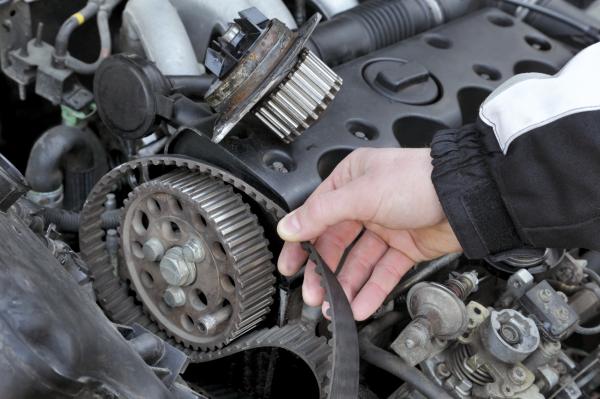
Dirty fuel filter
Another reason why your car doesn't accelerate properly could be a very dirty fuel filter, which will eventually prevent the fuel from providing the engine with sufficient energy to move. Detritus and sediment in the fuel itself can collect over time, often coming from the fuel tank. If the fuel cannot move from the tank to the engine properly, it will affect your acceleration. A clean fuel filter will not only help with acceleration, but will keep the general maintenance of your engine in line.
There are different types of fuel filter and different methods to clean them. Check if your fuel filter is in bad shape and, if this is the case, you can learn how to clean your fuel filter here. Every once in a while you should change the fuel filter or consider an injector flush. This will help maintain good acceleration in your car.
There is an even easier reason related to fuel: it might be that your car isn't accelerating because your petrol tank is nearly empty. This is somewhat obvious, but can be easier to overlook than you imagine.

Problems in the electronic control unit
Sometimes, a car does not accelerate due to an error in the electronic control unit, if it has one. For example, the electronic system often warns that the car is producing too many fumes. This makes the car slowly lose power. the car feels sluggish when accelerating until it is eventually unable to accelerate at all. The system has interprets this as a "pollution error".
The electronic control unit (ECU) in a fuel injection system will also control the amount of fuel going into the engine. Increased air flow will be operated by the ECU, but if it is not working properly then this will affect acceleration. The sensors in the ECU will also need to be working properly. Although there should be little wear and tear, problems do occur, especially if the car has taken a knock.
In this case, the fault is in the electronic control unit itself and you will have to go to a garage that specializes in such problems to get it fixed. Repairing this type of fault is not going to be cheap. This is another common reason why your car loses power, even when you're not accelerating.
Warning from the oxygen sensor
Sometimes, the electronic control unit warning of fumes is not due to an error. If there is not enough oxygen in the engine and the air-to-fuel mixture is unbalanced, the fuel does not burn properly. This causes fumes and pollutants that eventually will damage your car's engine.
The oxygen sensor is in charge of regulating that balance. If there is a problem, it will change the mixture by using more or less fuel. One of the symptoms of not enough oxygen in the engine is problems accelerating. When you press the gas, a malfunctioning fuel sensor can result in either too much or too little fuel, nether of which are good for the car and both of which can affect acceleration. Too much oxygen when you press the gas results in a "rich mixture" with leftover unburnt fuel, too little leaves a "lean mixture" causing the aforementioned pollutants.
Unfortunately a problematic oxygen sensor resulting in poor acceleration requires a mechanic's visit. It can be tricky and needs some specialized knowledge to fix. Take a look at how to clean an oxygen sensor if you find it is only dirty.
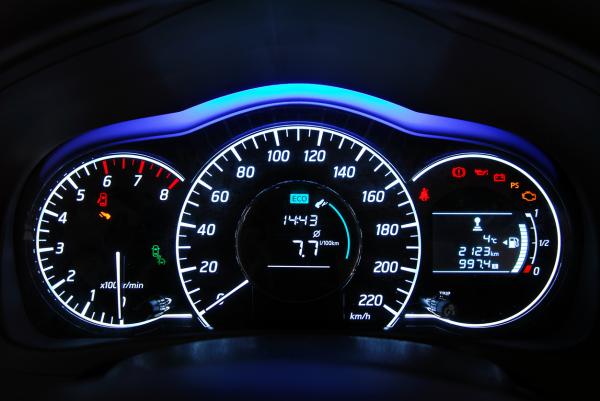
Blocked or clogged air filter
Another reason why your car doesn't accelerate properly can be that your air filter or exhaust is clogged or even completely blocked. This can happen even with high rpms. If driving in conditions with a lot of dirt and debris, especially if you press the gas a lot. Even insects can cause contamination if you find yourself in a swarm, but general use will cause the air filter to clog over time. This is why it is recommended to clean or replace it every 10,000 to 15,000 miles. If you get large pieces of debris it can also damage the grills.
You will lose acceleration when you press the gas if you don't have enough air flowing through the system.
Electrical faults
Other reasons why your car doesn't accelerate as it normally would can include wiring and sensor issues or malfunctions. Wires and other electrical elements of your car wear down with time, and they can also become loose. This is a big risk, and can cause short circuits and failures in transmitting information to the engine.
Vacuum leaks
A vacuum leak means that an external element like air or fuel enter the engine, which can make the car stutter. The different supply points and connectors of an engine use vacuum hoses to allow for fuel and air to travel through it. If there is a loose connection or hole in any of these hoses, you may have a vacuum leak. Similarly to the air filter, debris and dirt can also collect in them and cause a problem. It's the same action when your vacuum cleaner loses suction power, but unfortunately a little more expensive to fix.
If the car loses acceleration, then it could be a problem with the vacuum hoses. However, losing acceleration may be the least of your worries. Left unattended they could cause serious engine damage or even lead to an accident while driving.
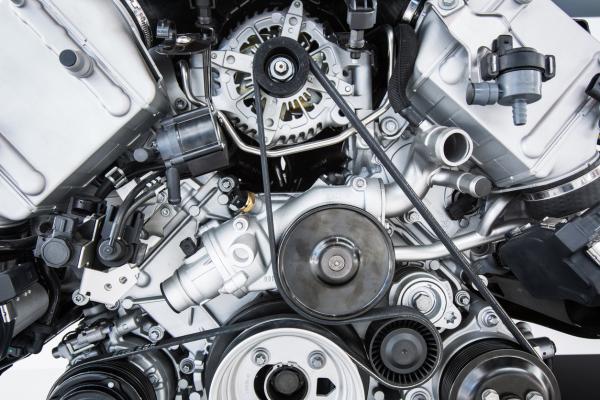
These are some of the most common causes why your car doesn't accelerate properly. However, this is a quite important problem all by itself, so you should bring your car to a mechanic for a complete service.
A car that does not accelerate properly when required can compromise the safety of the passengers in the car and other drivers on the road. As such, it is essential to get a professional to look at the car and fix the problem.
If you want to read similar articles to Why Doesn't my Car Accelerate Properly , we recommend you visit our Car Maintenance and Repair category.








